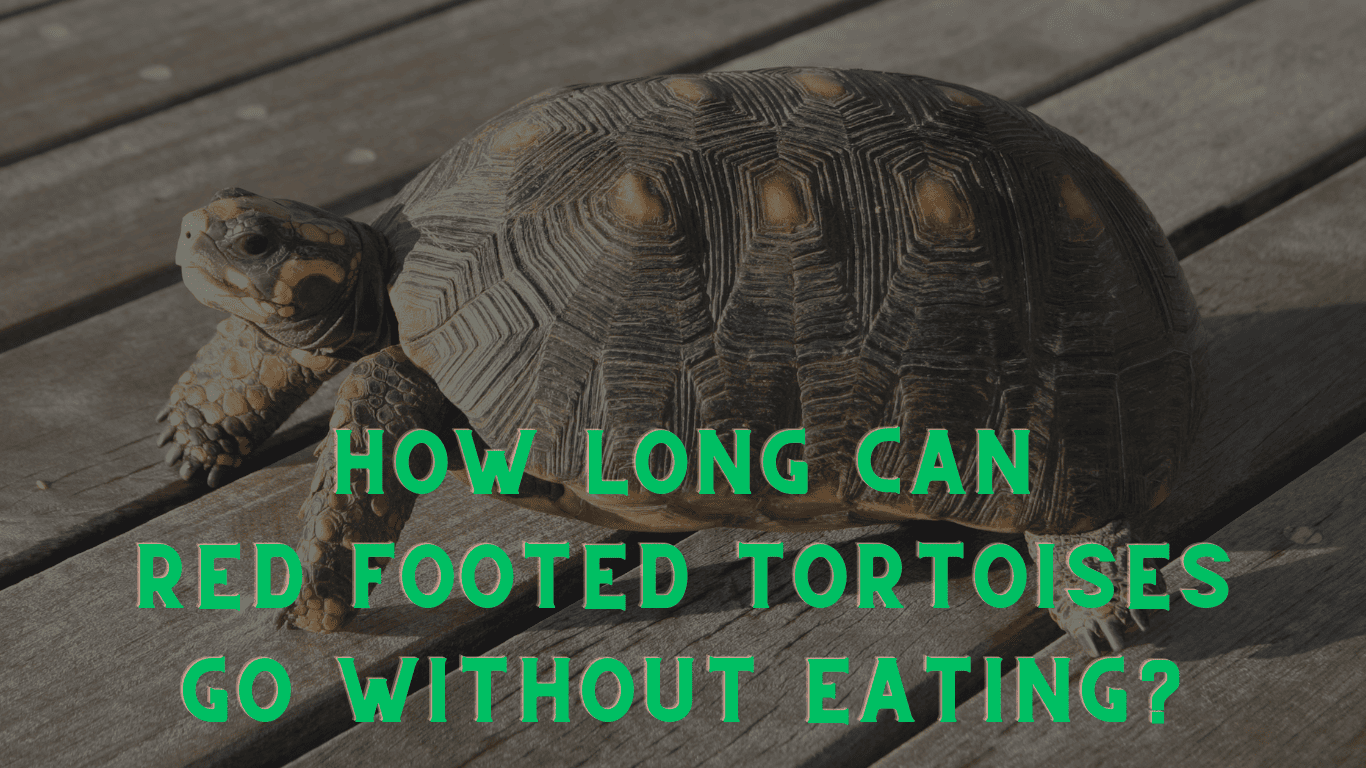Virginia has several laws in place to protect its turtle species, both native and non-native. These laws prohibit the sale and purchase of native or naturalized turtles. Still, they can be kept as pets as long as no more than one non-SGCN amphibian or reptile is in captivity per physical address.
However, it is illegal to own any of the seven sea turtle species, including Loggerhead turtles, Green sea turtles, Leatherback turtles, Hawksbill turtles, Kemp’s ridley turtles, Olive ridley turtles, and Flatback turtles without a license or permit from the state.
The state also has regulations to protect snapping turtles, which are common in Virginia. Snapping turtles do not reach maturity until approximately 6 to 7 years of age, and female turtles lay a single clutch of 26-55 eggs annually on average.
However, there is a high nest failure rate, with most of their eggs eaten by predators such as raccoons, crows, and skunks. Virginia residents can help protect snapping turtles by creating turtle-friendly habitats on their personal property or business, leaving wild turtles in the wild, and not relocating them.
Turtle Ownership Laws in Virginia

As a Virginia resident, you may be wondering about the laws surrounding turtle ownership in the state. The Virginia Department of Wildlife Resources regulates the possession, purchase, and liberation of turtles in Virginia.
Here’s what you need to know about turtle ownership laws in Virginia:
Can You Keep Turtles as Pets in Virginia?
You can keep turtles as pets in Virginia, but some restrictions exist. It is illegal to sell or purchase any turtle species that are native or naturalized in Virginia. However, you may give them away as pets, as long as no more than one individual non-SGCN (Species of Greatest Conservation Need) amphibian or reptile is in captivity per physical address.
Ban on Keeping Box Turtles as Pets
As of July 1, 2021, keeping box turtles as pets in Virginia is illegal. The new policy is part of a conservation effort by the Virginia Department of Wildlife Resources. The ban also limits the ownership of common reptiles and amphibians to one per household. The move is aimed primarily at poachers but also affects everyday children and adults.
Permits for Turtle Ownership
If you want to keep a turtle protected by state regulations, you must obtain a permit from the Virginia Department of Wildlife Resources. Certain endangered species protected by the law are illegal, but most common ones are not endangered, and you can own them as pets.
Personal Use Only
It’s important to note that turtles can only be kept for personal use and cannot be used for commercial purposes. Additionally, it is illegal to liberate any non-native species into the wild in Virginia.
Turtle Commercialization Laws in Virginia
In Virginia, strict laws prohibit the commercialization of certain turtle species. It is illegal to sell or commercialize in any way any of the seven sea turtle species, including Loggerhead turtles, Green sea turtles, Leatherback turtles, Hawksbill turtles, Kemp’s ridley turtles, Olive ridley turtles, and Flatback turtles. Additionally, it is illegal to sell or commercialize in any way endangered or vulnerable turtle species. Violating these laws can result in hefty fines and legal consequences.
The Virginia Department of Wildlife Resources is responsible for enforcing these laws and cracking down on poachers and illegal turtle trade. Due to illegal trade, the department has seized dozens of turtles from private and retail locations. The illegal turtle trade continues to be a significant problem in Virginia, and the department is working hard to combat it.
However, it is essential to note that it is not illegal to keep turtles as pets as long as they are not sold or purchased. Turtles native or naturalized in Virginia may be given away and kept as pets as long as no more than one non-SGCN (Species of Greatest Conservation Need) amphibian or reptile is in captivity per physical address.
Suppose you find a turtle in the wild. In that case, it is essential to remember that it is illegal to collect or relocate any turtle species that are native or naturalized in Virginia without a permit from the Virginia Department of Wildlife Resources. Additionally, it is illegal to take any turtle species from the wild and sell them to a pet store or any other commercial entity.
The 4 Inches Law
The 4 Inches Law is a federal regulation passed in 1975 to protect sea turtle eggs, reduce environmental damage, and reduce health risks. This law makes selling turtles smaller than 4 inches in length illegal. The law applies to all species of turtles, including those native or naturalized in Virginia.
The law was enacted to prevent the spread of salmonella, a bacteria that turtles can carry and cause serious illness in humans. Turtles smaller than 4 inches are more likely to carry salmonella, as they are often kept in unsanitary conditions and are more likely to be mishandled.
It is important to note that the 4 Inches Law only applies to the sale of turtles and does not prohibit possessing or owning turtles smaller than 4 inches. However, it is recommended that individuals who choose to keep turtles as pets take necessary precautions to prevent the spread of salmonella, such as washing hands thoroughly after handling turtles and keeping their enclosures clean.
In Virginia, it is illegal to sell or purchase any turtle species that are native or naturalized in the state. Still, they may be given away and kept as pets as long as no more than one individual non-SGCN (Species of Greatest Conservation Need) amphibian or reptile is in captivity per physical address. Additionally, as of July 1, 2023, it is illegal to keep box turtles as pets in Virginia as part of a conservation effort by the Virginia Department of Wildlife Resources.
Laws About Wild Turtles in Virginia
In Virginia, collecting, possessing, or relocating any wild turtles without a permit from the Department of Wildlife Resources is illegal. This applies to all wild turtles, including threatened and endangered species. Violation of this law is considered a Class 3 misdemeanor.
It is important to note that carnivorous turtles, such as snapping, are particularly vulnerable to mistreatment and should be handled carefully. In Virginia, snapping turtles cannot be collected or held between October 1 and May 31.
Furthermore, it is illegal to sell or purchase any turtle species that are native or naturalized in Virginia. However, these turtles may be given away and kept as pets as long as no more than one individual non-Species of Greatest Conservation Need (SGCN) amphibian or reptile is in captivity per physical address.
If you encounter a wild turtle, leaving it in its natural habitat is recommended. Do not relocate it, which can disrupt its natural behavior and habitat. If the turtle is in danger, such as on a busy road, you can move it off the road in the direction it was moving.
Creating turtle-friendly habitats on your personal property or business can also help protect these animals and their habitats. Discarding fishing lines and other trash appropriately and not leaving crab pots in the water unattended for more than 24 hours can also help protect turtles and other wildlife.
Native Species for Virginia
In the enchanting landscapes of Virginia, a tapestry of native turtle species adds color and life. This includes:
- Eastern Box Turtle
- Spotted Turtle
- Wood Turtle
- Bog Turtle
- Diamondback Terrapins
- Eastern Painted Turtle
- Map Turtles
These charismatic creatures play an indispensable role in the state’s ecosystem. Sadly, their numbers have dwindled due to developmental encroachments and habitat loss.
To combat this, the Virginia Department of Wildlife Resources (DWR) has put forth regulations to safeguard these native reptiles and amphibians. Trading any turtle species that are native or naturalized in Virginia is illegal. However, they can be gifted and kept as pets, given that there is no more than one individual non-SGCN (Species of Greatest Conservation Need) amphibian or reptile kept per physical address.
The Eastern Box Turtle stands out as one of Virginia’s most common turtle species. This land-dwelling turtle is found across various habitats, ranging from forests and fields to wetlands. Regrettably, the Eastern Box Turtle population has been on the decline due to habitat fragmentation and loss.
Other semi-aquatic turtles native to Virginia, which can be typically found in wetland habitats, include the Spotted Turtle, Wood Turtle, Bog Turtle, and Chicken Turtle. They, too, have been subject to decline due to habitat fragmentation and loss.
Finally, the Diamondback Terrapins, another indigenous species in Virginia, reside in the state’s brackish water habitats along the coast.
Unfortunately, they, too, are at risk due to the same environmental pressures. Journey with us as we delve deeper into the lives of these captivating creatures and the measures being taken to conserve them
Virginia Laws About Sea Turtles
Virginia has a coastline that stretches for over 112 miles, and sea turtles are a common sight in the state’s waters. These marine reptiles are essential to the ocean ecosystem and protected under various laws. Here’s what you need to know about Virginia’s laws regarding sea turtles.
Federally Listed Endangered Species
All species of sea turtles are listed as endangered under the Endangered Species Act. This means it is illegal to harm, harass, capture, or kill any sea turtle, whether on land or in the water. Additionally, it is illegal to sell or trade any part of a sea turtle or its eggs.
Department of Wildlife Resources
The Virginia Department of Wildlife Resources is responsible for enforcing sea turtle protection laws in the state. The department works to protect sea turtles by monitoring their populations, protecting their nesting sites, and educating the public about the importance of conservation.
Conservation
Sea turtles are essential to the ocean’s health, and their conservation is crucial to maintaining a healthy ecosystem. Virginia has several conservation programs to protect sea turtles, including monitoring programs, habitat restoration initiatives, and public education campaigns.
Endangered Species
In addition to sea turtles, several other species of marine animals are endangered in Virginia. These include Kemp’s ridley sea turtle, the leatherback sea turtle, and the hawksbill sea turtle. It is illegal to harm, harass, capture, or kill any of these species.
Why Those Laws Exist
Virginia has implemented turtle laws to protect wild animals, their habitat, and the environment. Turtles are an essential part of the ecosystem, and their decline can significantly impact the environment. The laws are in place to ensure that turtles can thrive in their natural habitat and that human activities do not threaten them.
One of the main reasons for these laws is the decline in the population of native reptiles. Land development has led to a loss of habitat, contributing to these species’ decline. The laws aim to protect the remaining populations and prevent further decline.
Another reason for these laws is to prevent the spreading of diseases affecting turtles. Turtles can carry diseases that can harm humans, and the laws aim to reduce the risk of transmission. The laws also aim to reduce the risk of environmental damage caused by releasing non-native species.
The laws also protect threatened and endangered species of turtles. The laws ensure that these species are not captured or sold, which can contribute to their decline. The laws aim to conserve these species and ensure they can thrive in their natural habitat.
Conclusion
In conclusion, Virginia has various laws to protect its turtle species. These laws have been put in place to prevent the illegal capture, transportation, and sale of turtles and protect their habitats and nesting sites. It is important to note that these laws apply to all turtle species found in Virginia, including box, snapping, and aquatic turtles.
One of the most important laws to remember is the “4 Inches Law,” which makes it illegal to sell turtles smaller than four inches. This law was implemented to protect sea turtle eggs, reduce environmental damage, and reduce health risks. Additionally, it is illegal to relocate or liberate turtles in Virginia, as this can cause harm to the turtle and disrupt its natural habitat.
It is also important to note that the ownership of common reptiles and amphibians in Virginia is limited to one per household. This new policy is part of a conservation effort by the Virginia Department of Wildlife Resources to protect these species and their habitats.
Resources
Several resources are available if you’re interested in learning more about Virginia’s turtle laws. Here are a few:
- The Virginia Department of Wildlife Resources (DWR) website provides information on Virginia’s wildlife laws, including those related to turtles. You can find information on which turtle species are protected, which are legal to keep as pets, and more.
- The Virginia Herpetological Society is a non-profit organization dedicated to studying and conservating Virginia’s reptiles and amphibians. They offer educational resources, including information on Virginia’s turtle laws and opportunities to get involved in conservation efforts.
- The Virginia Turtle and Tortoise Society is another non-profit organization that conserves Virginia’s turtles and tortoises. They offer educational resources, including information on Virginia’s turtle laws and opportunities to get involved in conservation efforts.
- The Virginia State Bar Association offers a Lawyer Referral Service that can connect you with a lawyer specializing in wildlife law, including turtle laws.




Leave a Reply